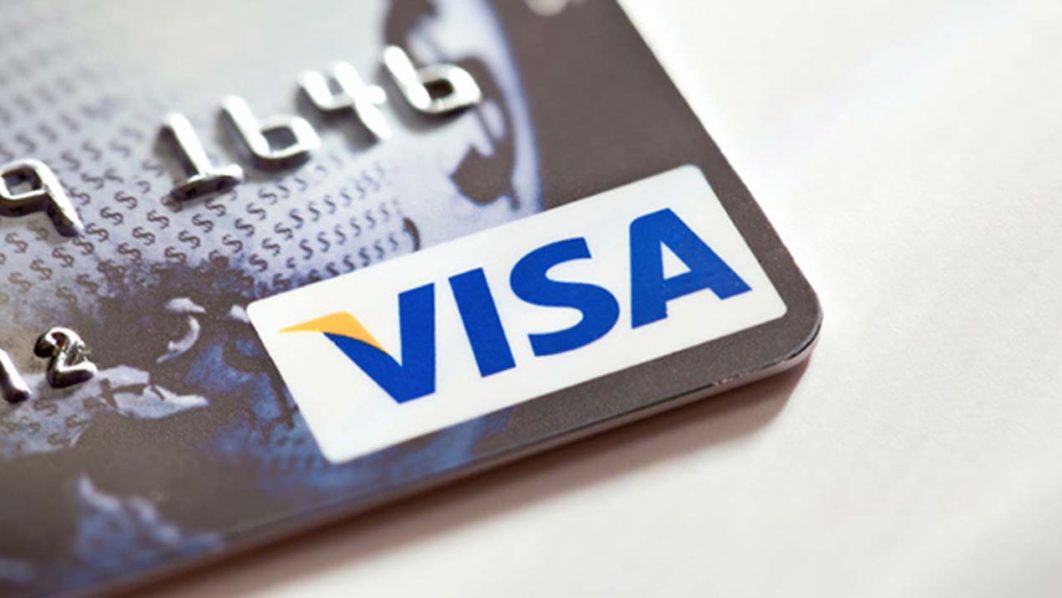
With the World Bank estimating improved remittance inflows to low- and middle-income countries, having projected 4.2 percent rise in 2022 to reach $630 billion, global payments technology company, Visa, has restated commitment to improving the platform for efficiency and financial inclusion in Nigeria and other sub-Saharan African countries.
According to the firm, in an increasingly digital and connected world, consumer demand for fast and convenient access to funds is driving opportunities for cross border person-to-person remittances.
Visa’s Senior Vice-President, Head of New Payment Flows for Central Europe Middle East and Africa (CEMEA), Shahebaz Khan, stated that by building digitally-enabled infrastructure, driving digital enablement, and fostering an open, interoperable and secure ecosystem, the rewards of remittance innovation on individuals, communities, and businesses can be realized – driving economic growth for everyone, everywhere.
With around 650 million mobile phone users, sub-Saharan Africa is home to some of the fastest growing economies across the globe and is a leader in the adoption of mobile digital payments, according to the World Bank and African Development Bank.
Khan explained that Africans are making frequent transnational payments related to trade, education, and healthcare, among other things, and this service is giving them a powerful, efficient new option for transacting across borders.
Low and middle-income countries (LMICs) make up the bulk of receivers of remittance inflows – representing $605 billion of the total $773 billion of incoming remittances in 2021, according to the World Bank. Thirty LMICs received more than 10 per cent of the GDP in remittances, with eight receiving over a quarter of GDP through these inflows.
Through our global platform, Visa Direct, Khan said the firm is helping to facilitate inflows by powering a global and open money movement ecosystem and aiding financial inclusion.
By launching two innovative products that make cross-border person-to-person (P2P) payment transactions significantly faster and cheaper, Visa has also introduced sub-Saharan African consumers to a global financial network of billions of users. In the region, Nigeria received the largest sum of remittances, at $19.2 billion, followed by Ghana ($4.5 billion) and Kenya ($3.7 billion) in 2021.
“These innovative new products in Africa are great examples of how Visa is seizing this opportunity by rethinking the traditional way we receive funds, transitioning from ‘pull’ – using a card almost exclusively to withdraw funds – to a ‘push’ model where card holders can receive payments, as well as make them.”
“With these products, Visa is not just making the remittance process more efficient, but is introducing millions of people to connected, global platforms and accelerating financial and digital inclusion in Sub-Saharan Africa and around the world”, Khan added.



